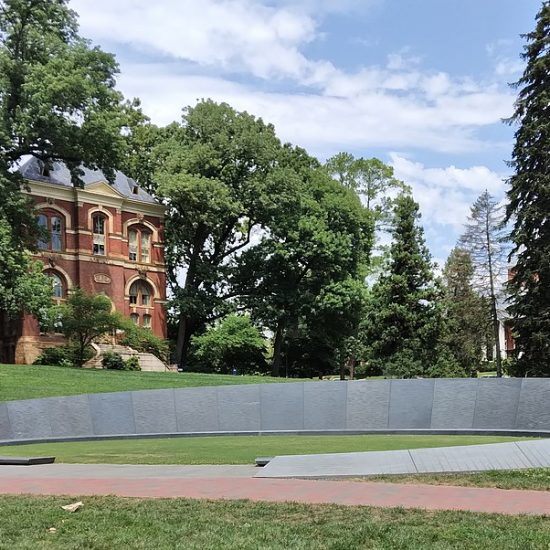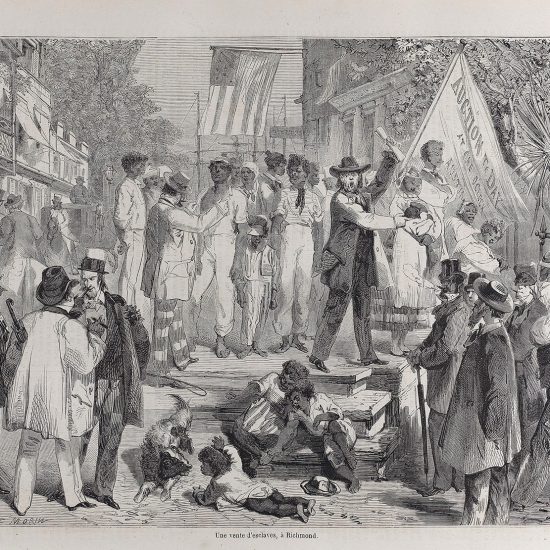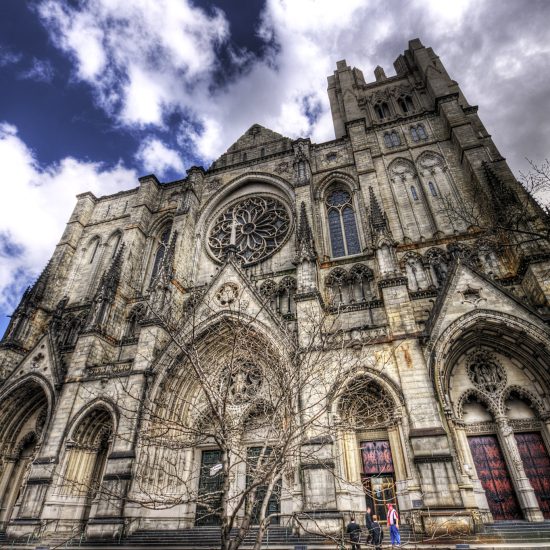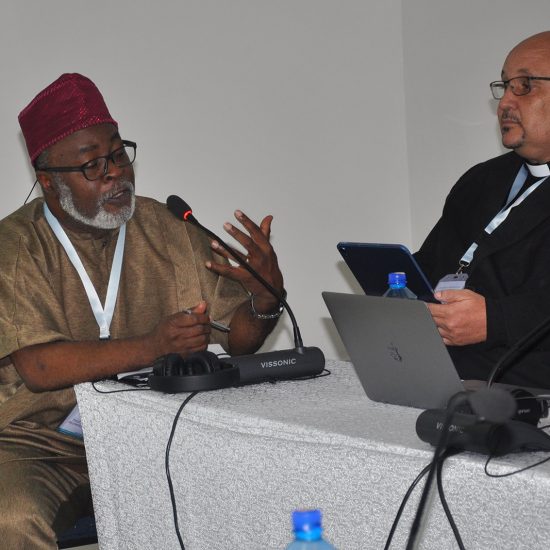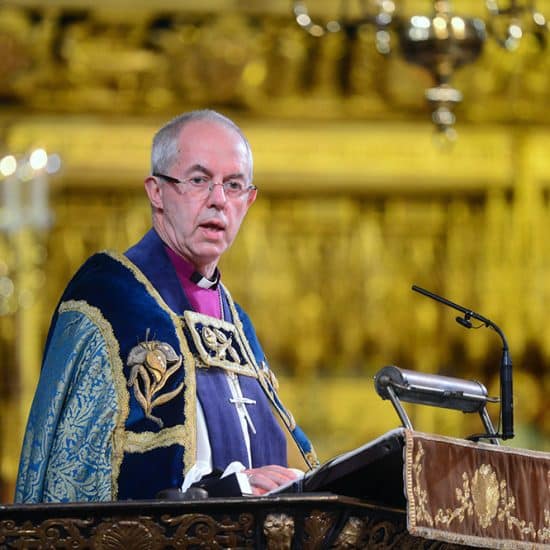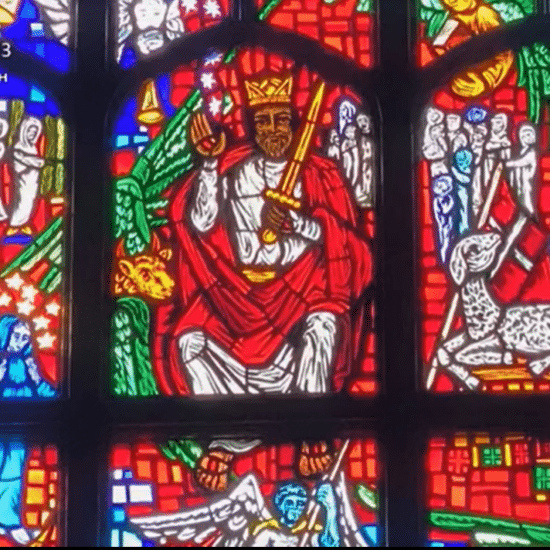Finding the moral courage to be first can be difficult. Jackie Robinson suffered as unruly fans peppered him with racial epithets and players even targeted him with overly-physical plays that left him bruised and cut. Black students who were the first to attend a school in the 1950s or 1960s often faced similar treatment. Their temerity and perseverance opened doors for many.

Brian Kaylor
In Judges 4, we find a story of a Hebrew commander who lacked the moral courage to lead his people — even after a prophetess assured him God would give the victory. Thus, the prophetess and judge Deborah told Barak that the victory would not go to him but to a woman, Jael.
We have many Baraks today. We need more Deborahs, Jaels, and Jackies.
In recent years, several colleges have documented how their institution benefited from wealth stolen by enslaving African laborers. In addition to schools like Georgetown University and Harvard University, schools started by Baptists — like Furman University and Wake Forest University — have also explored their slave-owner histories. Brown University, another school Baptists helped found, had the moral courage to start this effort .
Many of the schools have explored ways to more accurately tell that history. For instance, Furman is working to name a prominent walkway the “Abraham Sims Plaza” after one of the enslaved persons who built and worked on the campus, install a statue of its first African- American student, and add markers on campus to more honestly tell the story of some of the early slave owners honored in various ways on campus.
More recently, Southern Baptist Theological Seminary issued a report documenting much of its slave-owner past and issued a lament. But some graduates of the school believe more should be done. And they’re not looking for apologies or historical markers on campus. They’re looking for biblical repentance that includes reparations to a historically-black Baptist school also in Louisville.
Biblical teachings about reparations can be found in the story of Zacchaeus (who paid back four times what he stole), as well as biblical passages like Exodus 22:1, Leviticus 6:1-7, 2 Samuel 12:6, and Proverbs 6:31. Yet, SBTS President Al Mohler bluntly rejected the call for repentance and reparations.
Like Barak, Mohler lacks the moral courage to lead. But is there someone else? Is there a school willing to be the first to pay reparations for its slaveowning past? Not merely to build statues on its campus or create scholarships for its own institution, but actually divest some of its wealth gained from slavery and give it to a black institution?
Perhaps William Jewell College in Liberty, Mo., could be that institution.
As American Baptist leader Aidsand Wright-Riggins noted during a Baptist Joint Committee for Religious Liberty event in March after touring WJC, the school’s founders — including its namesake — owned slaves, and enslaved labor helped build the campus. The school might not exist today if it were not for wealth stolen from the labor of enslaved persons. As Wright-Riggins asked, “How can an institution inspired by the Gospel of Christ as a Baptist college, located in Liberty, Mo., reconcile being physically built by still-enslaved grandchildren of Angolans brought to these shores 230 years before?”

Photo by Jehyun Sung on Unsplash
WJC should join SBTS, Furman, and others in more honestly documenting and telling its story. But perhaps WJC can find the moral courage to go further and pay reparations to another school. It’s a way of saying that an entire people were wronged and hurt, so let’s try to repair that by transferring wealth to an institution of, by, and for that people.
Like SBTS, which has the historically-black Baptist school Simmons College of Kentucky in its city, there is also a historically-black Baptist school in the Kansas City metro not far from WJC. Western Baptist Bible College, which was founded in 1890 at a time when blacks couldn’t study at WJC, is the only Christian college west of the Mississippi founded completely by blacks. What a beautifully redemptive moment it could be for WJC to transfer wealth gained from slavery to a school founded to educate the children of those born in slavery.
WJC President Elizabeth MacLeod Walls has already shown moral courage. In her inaugural address in 2017, she praised WJC’s commitment to “critical thinking” as a “beautiful danger that we saw during the Civil Rights Movement.” She spoke of Bill Summers, WJC’s first African-American student, who enrolled in 1961. His presence on campus helped educate other students, who then pushed to end segregation in the town of Liberty.
“Because of his courage to embrace the beautiful danger of the possible, Bill Summers changed William Jewell College,” she added. “The right thing rarely is the easy thing, and yet we also know that we have the ability, we have the temerity to advance a way of thinking that creates a transformational way of being.”
The time has come to again embrace a transformative moment of beautiful danger.

